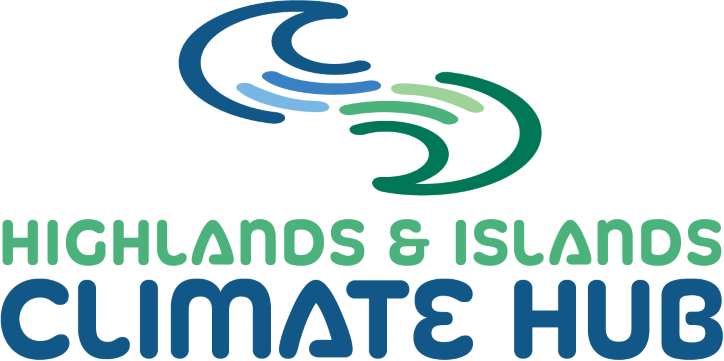Challenge Poverty Week 2023
Challenge Poverty Week 2023 takes place from the 2nd - 10th October. It was first launched by the Poverty Alliance in 2013, and while this is a tenth anniversary year it is questionable if that should be mentioned given that it indicates ten years of asks towards change when here we are in a cost of living crises with increasing number of families and individuals being able to afford basic items.
Why would a Climate Hub, focused on community led climate action be marking Challenge Poverty Week?
Because we can’t seperate the two issues. I’ve personally worked for a long period of time in my own community of Thurso addressing inequalities, first with the Caithness Community Planning Partnership and then through the work of Thurso Community Development Trust. We did climate action projects in Thurso to reduce inequalities, to foster a spirit of sharing and caring so that no one felt stigmatised through having less. When people are going through tough financial times, climate change can hit them even harder, and adapting can be a real challenge. We can see that now through the cost of living crises where one of the impacts of conflicts in other parts of the world making our everyday essentials, like food and energy, more costly. And guess what? This really hurts families who are already struggling, because they end up shelling out a bigger chunk of their income on these basics. What's even more unfair is that they often have a smaller carbon footprint themselves.
Across Highland and the Northern Isles we have many organisations who are working on meeting the needs of those experiencing poverty through direct action which relates to also protecting the planet. The cost of living crises has seen strong networks work collaboratively to support those in communities feeling the impact. Caithness Poverty Action Network (CPAG) co-ordinated by Hub Members Caithness Voluntary Group should be highlighted for identify both short and long term solutions to the alleviation of poverty and inequality across Caithness. CPAG have worked consistently at ensuring information is exchanged throughout the third sector in Caithness as to where those in the community can access help and support while also campaigning and creating projects to reduce inequality. One such project being worked on as a result of CPAG is Warmlie, with the aim to create a local district heating system for areas of Thurso. Other areas of Highland and the Northern Isles are working directly on ensuring energy efficiency advice is easy to access.
Across the full region, there is barely a community now which does not have access to a Community Larder, Community Fridge or Food Sharing table. Taking food that would otherwise be going to waste and redistributing to all through a dignified approach to food poverty. Food resilience is also a feature of many members work either through growing projects or teaching how to cook and to save on food waste. While creating a circular economy through sharing libraries, clothes swaps and redistributing surplus items reduces both consumption and makes it more acceptable to not have new.
As well as much of this project based work our members are working within their communities by quietly connecting the dots for people experiencing hardship. Sharing information and joining the dots to ensure that those experiencing hardship are referred to avenues of support for income maximisation and welfare checks. Our members do this within their own organisations, in Scotland 988 third sector organisations are accredited Living Wage employers. Many of our members such as Kyle of Sutherland Development Trust and Thurso Community Development Trust are accredited while others although not listed are living wage employers.
Here comes the crunch, with our members on the frontline of assisting communities in often very rural areas of Highland & the Northern Isles retaining the staff to be able to support those communities and bridge the gaps which only community organisations can do, they need to be resourced. The experience of our members is that there is absolutely a will to value and pay living wage or above to staff however the necessity of short term contracts due to short term funding awards in the third sector means 12 month contracts, sometimes less, sometimes more but very rarely above a 2 year contract. This provides instability within the sector and with staff often on lower wages than the private or public sector combined with working on the frontline in communities with often limited resources we are seeing increasing staff burnout and issues with retention. Community organisations are well situated through their place based approaches, dedication and intricate knowledge of the communities which they serve to offer solutions to poverty and inequality but they need to be adequately funded, resourced and supported to make that difference.
Challenging poverty in Highland and the Northern Isles therefore means not only supporting our communities and working together to make life better for all those who live here but also doing it in a way that protects the planet and also the very people who are giving that support, the staff of our community organisations throughout the region.
